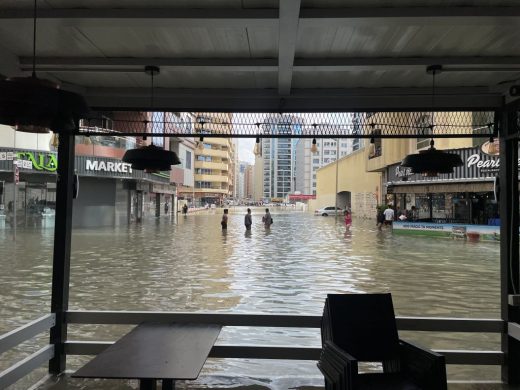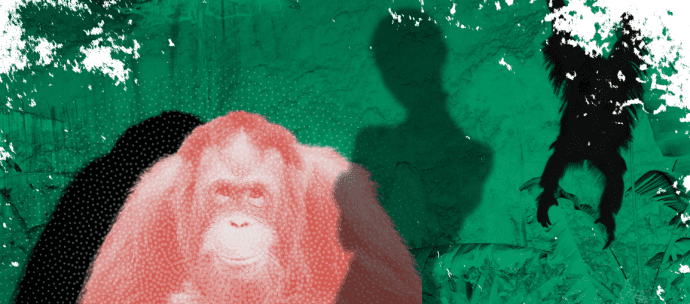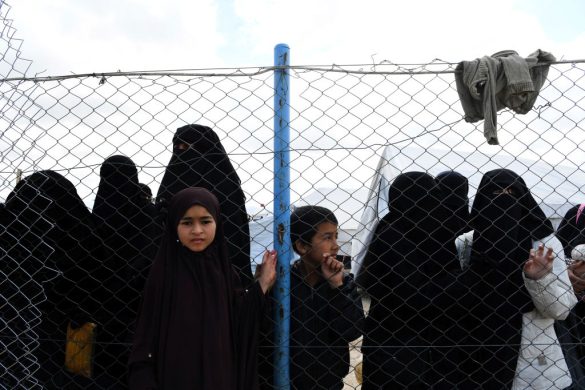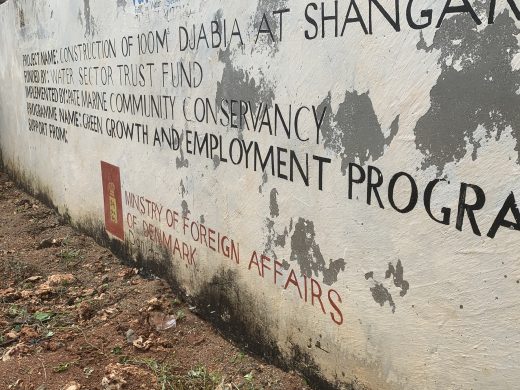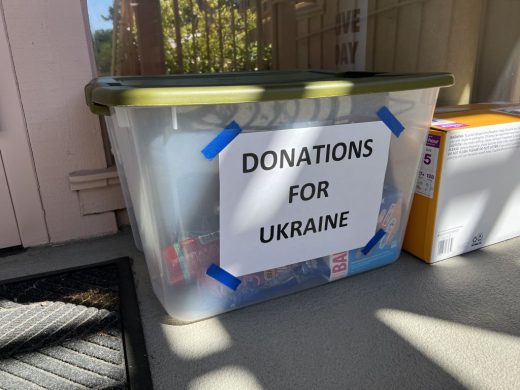Det beretter Mongabay onsdag.
The Environmental Investigation Agency (EIA) released allegations Tuesday about what it says is the illegal importation of Burmese teak from Myanmar to the EU.
In a two-month undercover investigation, staff from EIA, a UK-based campaigning organization, posed as prospective buyers and approached nine importers working in five EU countries. In a brief, the organization reports that companies consistently failed to pinpoint the source of the teak they were importing, a tropical hardwood used to make furniture and to build ships.
Several companies call the allegations unfounded, and argued that they cannot be held accountable for problems in a supply chain controlled by the Myanmar government.
Only in 2012 did the EU lift a ban on timber exported from Myanmar. EIA applauded the government in August when leaders imposed a moratorium on all logging until March 2017 to allow the country’s forests to recover. That means that all wood currently moving from Myanmar to international markets must come from existing stockpiles.
The step of following the trail back from where a batch of timber is purchased to where it was harvested is just one aspect of the “due diligence” required of EU companies to comply with the EU Timber Regulation (EUTR), according to EIA. The EUTR is a set of laws intended to stop the flow of illegal wood into the EU that came into full effect in 2013.
According to the investigation, businesses operating in the Netherlands, Italy, Belgium, Denmark and Germany have failed to meet this obligation, but EIA forests campaigner Peter Cooper said that the problems don’t stop there.
“It’s not just these nine companies,” said Cooper in an interview with Mongabay. He cited a 2013 WWF report that found that 85 percent of timber leaving Myanmar should be considered illegal.
Find hele artiklen fra Mongabay via kilde-linket herunder.



